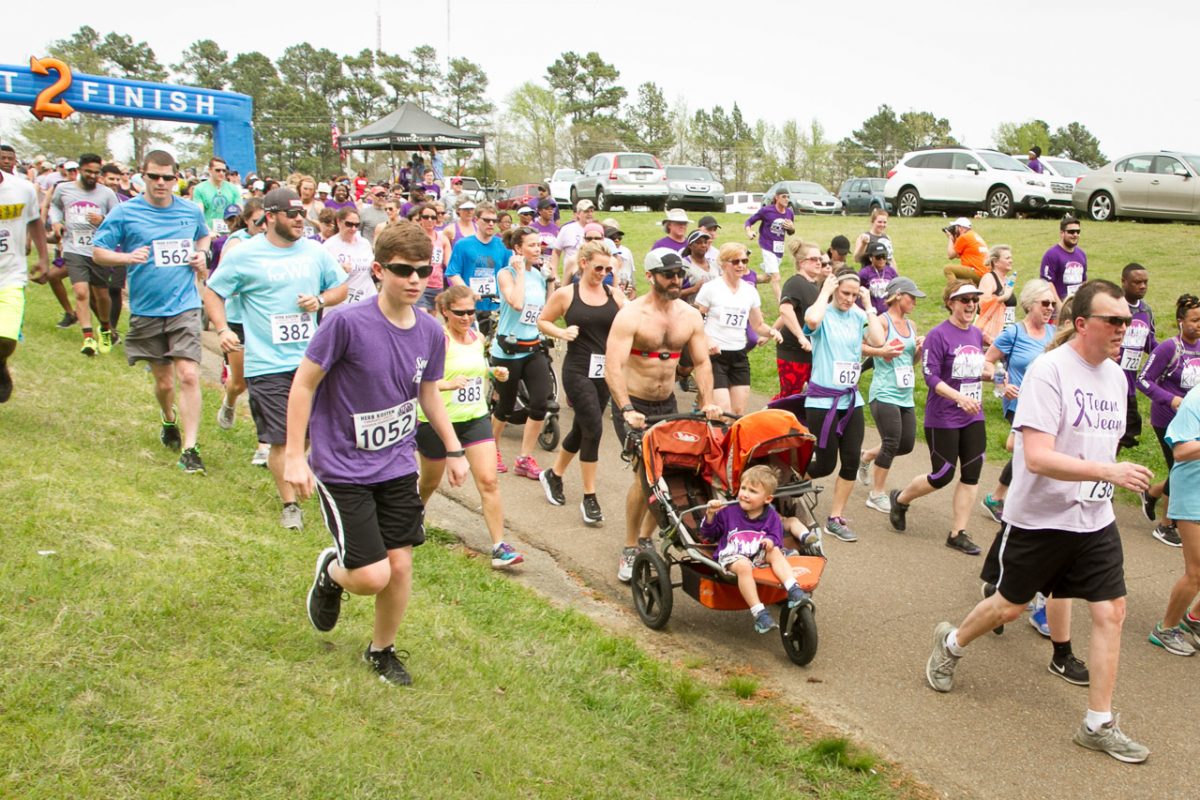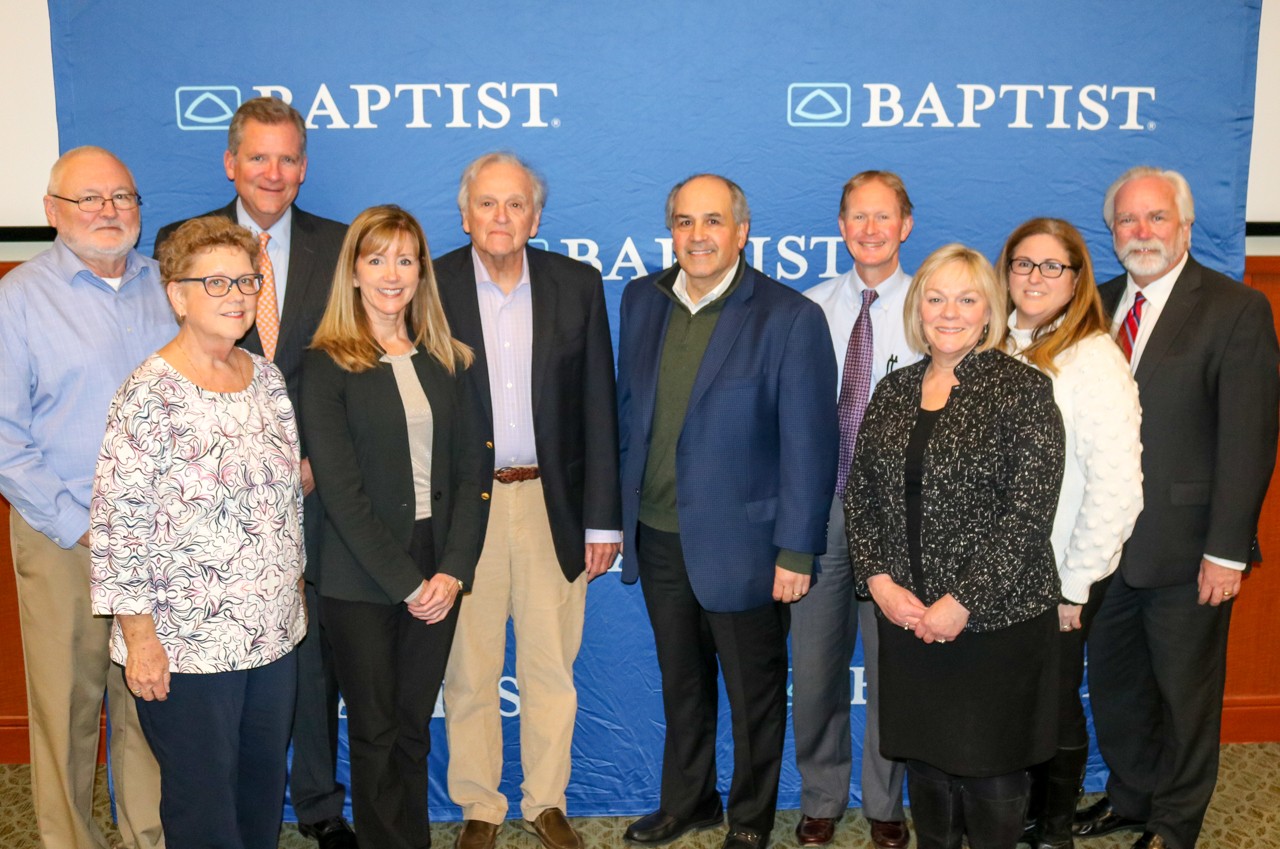Because I admire Lou Gehrig’s legend as much as anybody else’s who ever lived, I try never to skip a week’s column. Gehrig, for those who don’t know, was the New York Yankee great who set a record for playing in consecutive games — 2,130 before his forced retirement in 1939, a plateau that was only overcome in 1995 by the Baltimore Orioles’ Cal Ripken Jr.
Gehrig kept playing until he was felled, literally, by a fatal illness — amyotrophic lateral sclerosis — called “Lou Gehrig’s disease” ever since.

Lou Gehrig
I am also inspired by a more recent case — that of Shirley Povich, father of today’s TV host Maury Povich but best known as a sportswriter — and a good one — for The Washington Post from 1933 until his death in 1998 at the age of 92.
How good was he? Povich’s last column, written the day he died and published the day after, on June 5, 1998, was, in part, a shot across the bow of the rest of the media for its uncritical enthusiasm over the the ongoing home-run heroics of Mark McGwire. Povich noted with some suspicion that McGwire had somehow “bulked up” on what he chose to call “the new diet of ‘nutrition shakes’ popular in the clubhouses.”
We would soon learn to call that diet by a now all-too-familiar name: steroids.
And then there’s the case of 60 Minutes‘ Mike Wallace and, well … I hope you get the idea. More than longevity, I’m really talking about perseverance, the kind, say, that was for so long demonstrated in Memphis by the late great newspaperman/broadcaster George Lapides.
My dear wife Linda died last week, an agonizing death from pancreatic cancer. She persevered through pain and discomfort that you cannot imagine. With grace — the amazing, proverbial kind.
For reasons that surely go without saying, I had to take some time off during and after her ordeal. But I found myself in the aftermath attending an event or two on my beat, more or less as an observer — to get out of the house, the way another person might take a long, head-clearing walk.
I went, for example, to last Thursday night’s meeting of the Shelby County Democratic executive committee. As anybody knows who’s been reading me or the other political scribes in town, the Democrats are riven right now, locked in a civil war of sorts over the issue of whether to endorse an arrangement, insisted on by the state party chairman. In the arrangement, a former chairman, charged with misappropriation of funds, would pay back a certain portion on an installment plan, thereby avoiding the prosecution that half of the committee members were insisting on.
After two hours of utmost rowdiness, the committee failed to ratify the arrangement by a tie vote of 10-10.
But the most memorable aspect of that meeting, to me, was the fact that partisans on both sides of the issue, at various times during all the furor, took time out to come over to me and express the kindest sort of condolences. It reminded me of the genuine human stuff they were all made of. I never at any point felt like taking sides, and I thought I saw the way forward to their all getting somehow on the same page some day in a way that had nothing to do with politics.
I had the same feeling a couple of days later at a candidate forum at the IBEW union hall. There was a lack of venom and a comity in the way rivals for the same office spoke, something I found unusual and distinctive.
And I saw it again on TV Sunday night, as cops and protesters walked along together in downtown Memphis in an ambulatory common dialogue of sorts. You don’t see that sort of thing every day, either. (You didn’t even see it, by all accounts, at the follow-up public meeting at Greater Imani Church on Monday.)
So what am I saying? Well, maybe that it’s important, in cases like mine, to keep filling the space, if that’s what you’re supposed to be doing. We all have our space to fill, and the more we do it, the more we realize that it’s all really the same space. Q.E.D.


